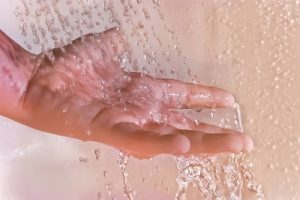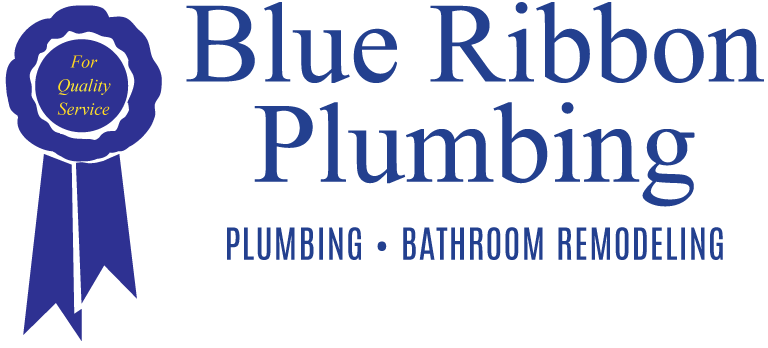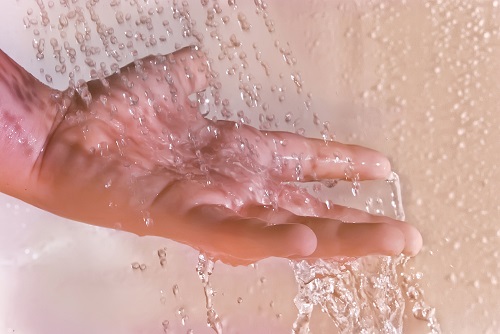 Hard water is a particular type of water enriched with high levels of minerals, predominantly calcium and magnesium. Commonly found in regions with limestone or chalk bedrock. Prolonged exposure to these minerals characterizes this water type.
Hard water is a particular type of water enriched with high levels of minerals, predominantly calcium and magnesium. Commonly found in regions with limestone or chalk bedrock. Prolonged exposure to these minerals characterizes this water type.
While it’s safe to drink, hard water can present some unpleasantries such as an odd taste, appearance, or odor due to its dissolved compounds. Additionally, it can influence the durability of your plumbing fixtures and impact the efficacy of substances like laundry detergent.
How Does Hard Water Impact Your Skin?
Your skin might be considerably affected by hard water. With its elevated mineral content, hard water can accumulate on your skin’s surface during baths, potentially blocking pores. This accumulation can trigger dryness, irritation, redness, and even acne outbreaks. Moreover, the natural oils crucial for skin hydration and a healthy appearance can be stripped away by hard water.
Furthermore, the effectiveness of soap can be significantly hampered by hard water. The minerals within hard water can interact with soap ingredients, reducing its lathering ability.
Consequently, more soap might be needed for satisfactory results, which could exacerbate the removal of skin’s natural oils. Furthermore, this interaction can leave behind stubborn residue on surfaces like sinks and bathtubs, requiring extra effort to remove.
 In certain cases, hard water could exacerbate pre-existing conditions, potentially leading to eczema flare-ups and other allergic reactions like rashes or hives.
In certain cases, hard water could exacerbate pre-existing conditions, potentially leading to eczema flare-ups and other allergic reactions like rashes or hives.
Strategies to Counteract Hard Water Effects
Although hard water is a common household concern, solutions are available to mitigate its impact and restore the equilibrium of minerals in your home’s water supply.
For those who rent their space, a couple of approaches to minimize hard water’s effects on the skin include:
- Opt for soaps and detergents tailored for hard water use.
- Utilize a point-of-use water softener for your showerhead.
- Routinely clean showers and tubs using vinegar or specialized cleaners for hard water deposits.
- Keep shower time in check and avoid overly hot water temperatures.
- Gently pat your skin dry after showering rather than abrasive rubbing.
If you own your property, you have some additional options to lessen exposure, including:
- Install a comprehensive whole-home water softener system.
- Monitor your plumbing fixtures for signs of corrosion or mineral buildup, indicating the presence of hard water, and address repairs as necessary.
- Schedule periodic professional plumbing maintenance for your water filtration or water softener systems.
For those considering the installation of a water softener system, feel free to call Blue Ribbon Plumbing LLC now. Addressing hard water concerns can significantly improve your skin’s health and overall comfort.
Like our Facebook page for more information on plumbing services.
Blue Ribbon Plumbing LLC
4201 Carolina Exchange Drive Suite 202
Myrtle Beach, SC 29579
(843) 267-9733
https://www.blueribbonplumbingmb.com/
Serving all of Horry County including Myrtle Beach, North Myrtle Beach, Little River, Murrells Inlet/Garden City, Surfside Beach, Carolina Forest/Forestbrook, Conway/Aynor

